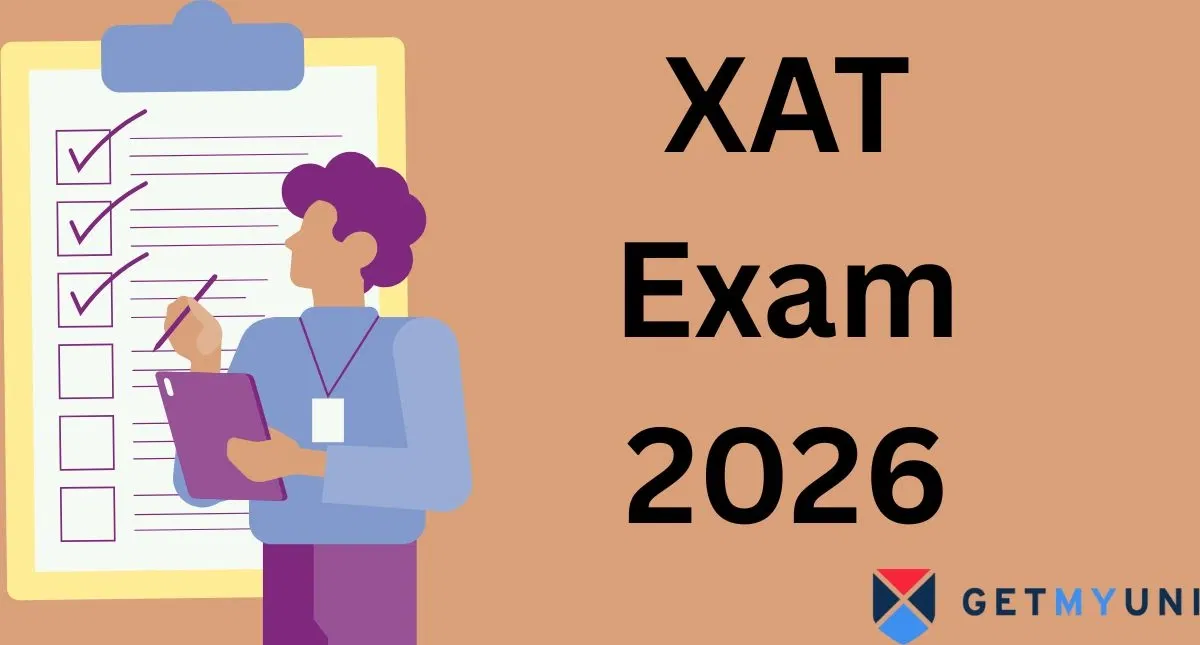Are you confused between choosing either MPA or MBA? Get Eligibility, Fees, Admission, Syllabus, Job Scope and Top Colleges.
MBA Vs MPA What is the difference? The main difference between an MBA and an MPA is that an MBA is for people who want to be business executives, and an MPA is for people who wish to be public service leaders. Both degrees focus on administering an organisation in the private and public sectors. MBA students tend to have professional experience in the commercial sector, whereas MPA students have a stronger interest in the public sector.
Both these courses are based on learning technical and advanced administrative skills in leadership and business acumen. However, there are major key differences to determine your career path and they have been discussed below.
MPA Vs MBA Which to Choose?
The ones with a bachelor's degree are frequently undecided about whether you should pursue an MPA or MBA degree following graduation. You must evaluate the course's key components to choose which course is the best.
Let’s look at the difference between MPA and MBA.
| Criteria | MPA | MBA |
| Full-form | Masters of Public Administration | Masters of Business Administration |
| Duration | 2Years | 2Years |
| Eligibility criteria | Graduation (Any stream) with a minimum 50% aggregate. | Graduation (Any stream) a minimum 45% aggregate |
| Average Fee | INR 90k | INR 5 LPA |
| Average Salary | INR 6 LPA | INR 6LPA |
| Job Roles | Civil Service Officers, Public Administration Consultant, Education Administrators, etc. | Operations Manager, Marketing Manager, Financial analyst, etc. |
MPA and MBA Overview
The Master of Public Administration (MPA) is a two-year master's degree that focuses on the study of public policies and their implementation. The majority of universities offer Master of Public Administration programs as part of their arts programs. The Master of Public Administration curriculum is designed to help students become more responsible administrative authorities. Master of Public Administration positions generally come with a low starting pay.
The term MBA refers to a graduate degree in business administration. It is one of the most sought-after business degrees in the world. In today's competitive environment, an MBA is required for job progression. It teaches the information and abilities needed for challenging work that necessitates perseverance, energy, and time management. It instills principles such as collaboration, leadership, and the capacity to encourage others.
MPA Vs MBA Eligibility Criteria
It's vital to understand what a qualifying criterion is because the MPA and MBA programs have distinct entry requirements. To enroll in the course, you must first learn about the prerequisites.
The following are the MPA eligibility requirements:
- You must have earned a bachelor's degree in any field with a good grade from a recognized educational body.
- Certain universities require students to have job experience.
- You are admitted to universities based on your applications, and those who are accepted should expect to go through a round of counseling and personal interviews.
The following are the MBA eligibility requirements for MBA Admission:
- You must have a bachelor's degree in any field or an equivalent from a recognized university to be eligible for an MBA (full-time).
- The majority of institutes need a minimum graduation score of 50 percent on average or equivalent.
- The ones having last year’s bachelor are also eligible to enroll in an MBA program.
MPA Vs MBA Subjects
The curriculum varies per specialization; however, for comparison, the following courses make up a typical curriculum for both degrees. The following is a subject of the MPA versus MBA course program:
The MPA Syllabus and Subjects while the MBA Syllabus and Subjects are as follows:
| MPA Syllabus | MBA Syllabus |
| Public Policy | Marketing |
| Ethics in Governance | Finance |
| Public Governance | Operations |
| Indian Administration | Economic Statistics |
| Organizational Behavior | Accounting |
| Political System of India | Organizational Behaviour |
MPA and MBA Advantages of Pursuing
MPA is a policy formulation and implementation course that focuses on the analysis and forecasting of policy that can be considered for implementation. The following are some of the advantages of pursuing MPA:
- Skills in networking
- Leadership skills
- Increased awareness
- Enhanced Job Prospects
Completing an MBA program indicates a dedication to learning, growing, and applying abilities that may help a business flourish. MBA holders are also more confident in their marketability and the quantity of data they can contribute to a wide range of initiatives. These are only a handful of the benefits of earning an MBA.
- Better awareness of the global market
- Improved communication skills
- A larger professional network
- More prospects
- More efficient time management
MPA Vs MBA Specializations
The MPA program, as well as the MBA program, offers various specializations in specific areas. It equips applicants with scientific knowledge. Students must choose a specialization that is a good fit for their skills and interests so that they can easily deal with the demands of the business.
| MPA Specializations | MBA Specializations |
| Homeland Security | Finance |
| Health Field | Marketing |
| International Affairs | Banking & Financial Services |
| Non-Profit Management | Human Resource Management |
| Urban Development | Business Analytics |
| Criminal Justice | International Business |
| Transportation systems | Rural Management |
MPA Vs MBA Job Opportunities
The most important element for students to consider before enrolling in any degree program is the possibility of a successful career. Aspirants should be aware of the following job prospects after completing the courses:
The MPA Job Scope and opportunities and the MBA Job Scope and opportunities are as follows:
| MPA Jobs | MBA Jobs |
| Administrative Service Managers | Information Technology |
| Program Analyst | Brand Management |
| Budget Analyst | Marketing |
| Executive Director | Banking, Financial Services & Insurance |
| Civil Service Officer | Accounting & Finance |
MPA Vs MBA Salary Packages
When it comes to picking a degree program and a job, salary is a crucial, if not the most important, consideration. As a result, the following pay ranges should be considered.
The Average Salary for an MPA graduate is:
| MPA Designation | MPA Average Salary (INR) |
| Office Administrator | INR 1 LPA |
| Marketing Manager | INR 5.5 LPA |
| Management Assistant | INR 3.75 LPA |
| Music Teacher | INR 3.28 LPA |
The Average Salary for an MBA graduate is:
| Designation | Average Salary (INR) |
| Regional Sales Manager | INR 3.6LPA |
| Marketing Manager | INR 5.5LPA |
| Digital Marketing Analyst | INR 5.1LPA |
| Operations Manager | INR 5.4LPA |
MPA Vs MBA Top Colleges of India
The best schools are picked based on a variety of variables, including placement, price, teacher evaluations, and infrastructure, to name a few. The following are some of the best colleges:
The Top MPA Colleges in India and Top MBA Colleges in India have been listed below:
MBA or MPA Which is Tough?
Two of the most prestigious postgraduate degrees are the Master of Business Administration and the Master of Public Administration. Because it has both benefits and downsides, it may be a tough option to make. As a result, you must choose depending on your tastes and long-term objectives.
Opportunities: For those who wish to work in public services, MPA is a field of public policy development and execution, whereas MBA is a field of general management for those who want to advance in the business sector.
Skills Development: MPA and MBA students can gain real-world management experience through internships and case studies. Both courses also strengthen networks by allowing people from all around the world to connect.
The MPA and MBA degrees are well-known in India. It is up to you to pick which course is ideal after learning all of the information about each one.










